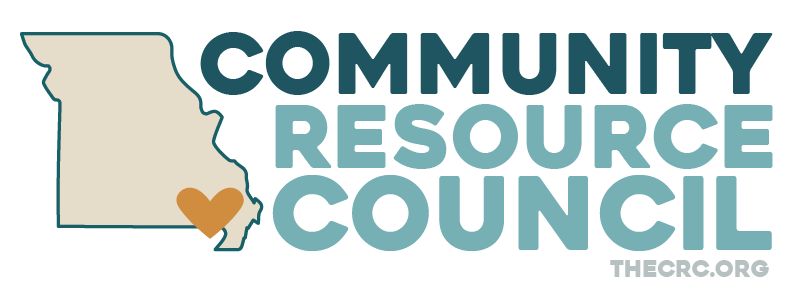This month we are focusing on a protective factor that is the subjective sense of adult status. I want to start out by pointing out that this protective factor is based on the fact that a youth feels like they are an adult, regardless of if you really consider them one or not.
Having a subjective sense of adult status is a protective factor for youth substance use because it reflects an internalized belief that one has matured and adopted adult responsibilities and values. This self-perception influences decision-making and behavior in several ways:
Increased Responsibility: When youth see themselves as adults, they are more likely to act in ways they associate with adulthood, such as prioritizing health, work, or education, over risky behaviors like substance use.
Long-Term Thinking: A sense of adulthood often includes a focus on the future and achieving life goals. This perspective can discourage behaviors like substance use that may jeopardize these aspirations.
Social Roles and Expectations: Feeling like an adult may encourage young people to conform to social norms associated with maturity, such as being a role model for younger peers or meeting family and societal expectations.
Identity Development: Adolescents who view themselves as adults may have a stronger, more stable sense of identity. This can protect against peer pressure, which is a major factor in youth substance use.
Association with Positive Behaviors: A subjective sense of adulthood is often linked with engaging in behaviors viewed as "adult," such as taking care of one's health, maintaining a job, or forming stable relationships. These behaviors are less compatible with frequent or problematic substance use.
Essentially, when young people feel like they are "adults," they tend to align their behaviors with what they perceive adults should do, which often means avoiding risky, immature activities like substance use.
As a parent, this can be tough. Below is a list of things you can try to help your child increase their responsibilities and feel like an adult in a safe way.
Budgeting- Let your child have an allowance or help them learn to make a budget from the money they earn.
Getting a Job- Part-time, life guarding, babysitting, mowing the grass..
Paying Bills- Choose a bill to have your child start paying like their cell phone or internet bill.
Making Family Decisions- Find ways to help your child be involved in making family decisions such as where to go on vacation or weekend activities.
Cook Dinner once a Week
Household Chores- Laundry, Dishes, there are so many ways to involve your children in the tasks required to manage a household.
Learning new Skills- Teach your child how to change a tire, change the oil, sew, or bake.
The possibilities are endless, and you may just find that while you are trying to help your child feel like an adult you may have more time to do things you enjoy!
